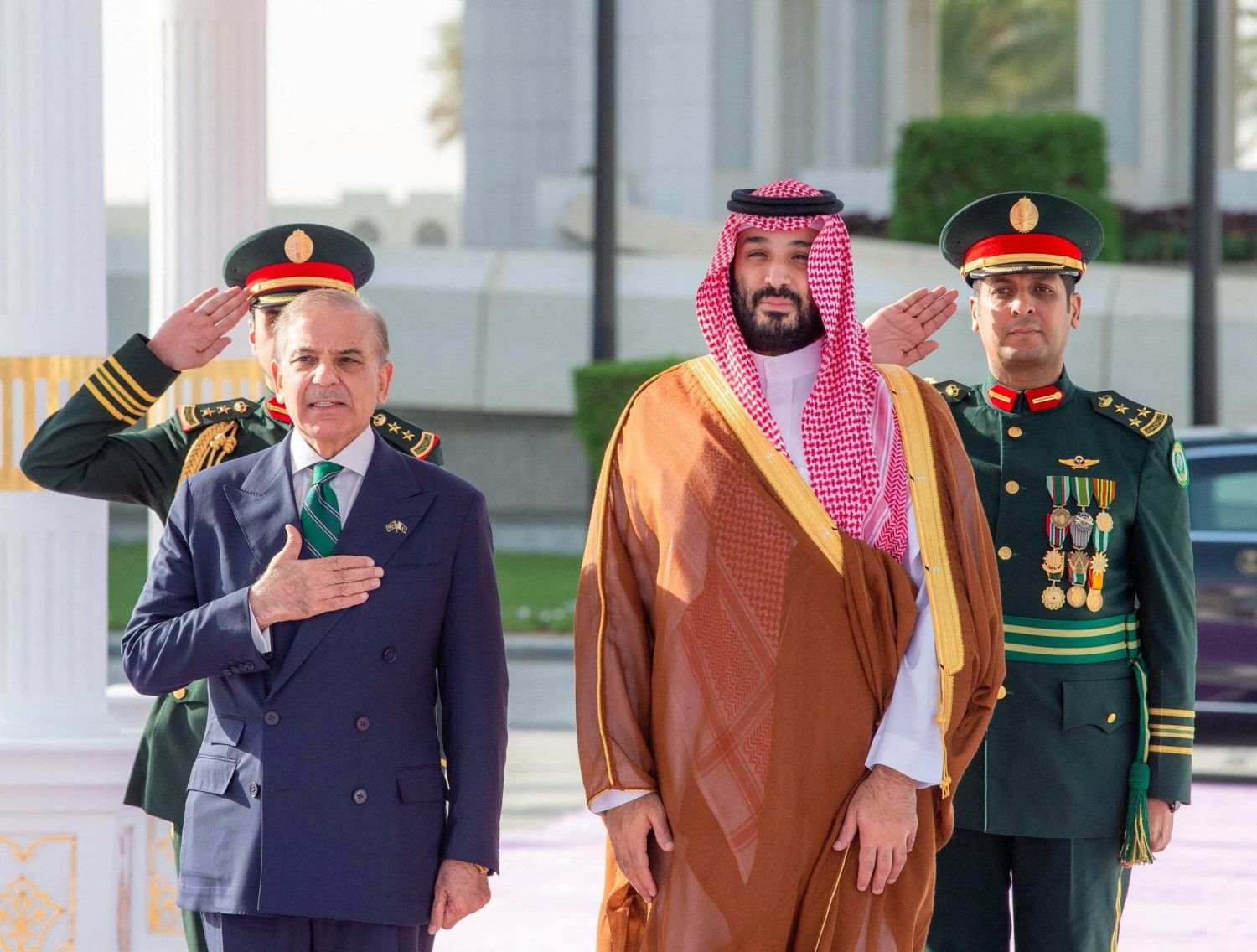More Arab Countries Seek Defense Agreements with Pakistan Following Saudi Pact
Following the landmark Saudi-Pakistan defense pact signed on September 17, 2025, multiple Arab countries are reportedly seeking similar security agreements with Pakistan, signaling a major shift in regional alliances and collective defense strategies.

A wave of diplomatic activity has swept the Middle East after Pakistan and Saudi Arabia signed a landmark Strategic Mutual Defense Agreement (SMDA) on September 17, 2025. The pact, which commits both nations to mutual defense in the event of aggression against either, has already begun to reshape the region’s security landscape. According to statements from Pakistani officials, other Arab countries have expressed interest in forging similar defense arrangements with Islamabad, raising the prospect of a broader security bloc anchored by Pakistan’s military capabilities.
Regional Impact and Motivations
The Saudi-Pakistan agreement, described by both governments as a historic milestone, comes at a time of heightened uncertainty in the Middle East. The pact’s language, reminiscent of NATO’s Article 5, states that any attack on one signatory will be considered an attack on both. While the full details remain classified, senior Saudi officials have indicated that the agreement encompasses all military means, fueling speculation about the extent of Pakistan’s security guarantees, including its nuclear deterrent. Pakistan’s Defense Minister Khawaja Muhammad Asif has publicly affirmed that Saudi Arabia would stand by Pakistan in the event of a conflict with India, underscoring the pact’s strategic weight.
The agreement is not only a response to recent regional crises, such as Israel’s 2025 strike on Qatar and ongoing tensions with Iran, but also a formalization of decades-old security ties. For Saudi Arabia, the pact provides a dependable military partner amid shifting U.S. priorities and growing regional threats. For Pakistan, it offers both an economic lifeline—through Saudi loans and investments—and a platform to project influence beyond South Asia.
Interest from Other Arab States
In the days following the signing, Pakistani Deputy Prime Minister Ishaq Dar confirmed that other Arab countries have approached Islamabad about similar defense arrangements. While the identities of these states have not been officially disclosed, regional media and analysts suggest that Gulf Cooperation Council (GCC) members and other Arab nations are closely watching the development. The move is seen as a response to both the perceived decline of U.S. security guarantees in the region and the desire for a more autonomous, collective defense framework among Arab states.
The prospect of a wider network of defense pacts, potentially modeled on the Saudi-Pakistan agreement, has significant implications for the balance of power in the Middle East. It could lead to the emergence of a new security bloc, sometimes dubbed an "Arab NATO," with Pakistan as a central military partner. This would not only enhance deterrence against external threats but also complicate the strategic calculations of regional rivals such as Iran and Israel.
Strategic and Political Implications
The deepening of defense ties between Pakistan and Arab states reflects broader shifts in regional alliances. Pakistan’s rising diplomatic profile, bolstered by its recent leadership roles at the United Nations and its enduring partnership with China, has made it an attractive security partner for Gulf monarchies seeking to diversify their alliances. The SMDA also signals a recalibration of Saudi Arabia’s security strategy, as Riyadh seeks to build self-reliance and reduce dependence on Western military support.
Critics and skeptics, particularly in India, have voiced concerns about the implications of these developments. Indian officials have acknowledged the formalization of the Saudi-Pakistan relationship and noted the potential for increased regional polarization. However, they also point to India’s own growing defense ties with Saudi Arabia, including joint military exercises and training programs, as evidence of a more complex and competitive security environment.
As more Arab countries consider following Saudi Arabia’s lead, the coming months are likely to see intensified diplomatic negotiations and further announcements of defense cooperation. The evolving security architecture could redefine the Middle East’s strategic landscape for years to come.